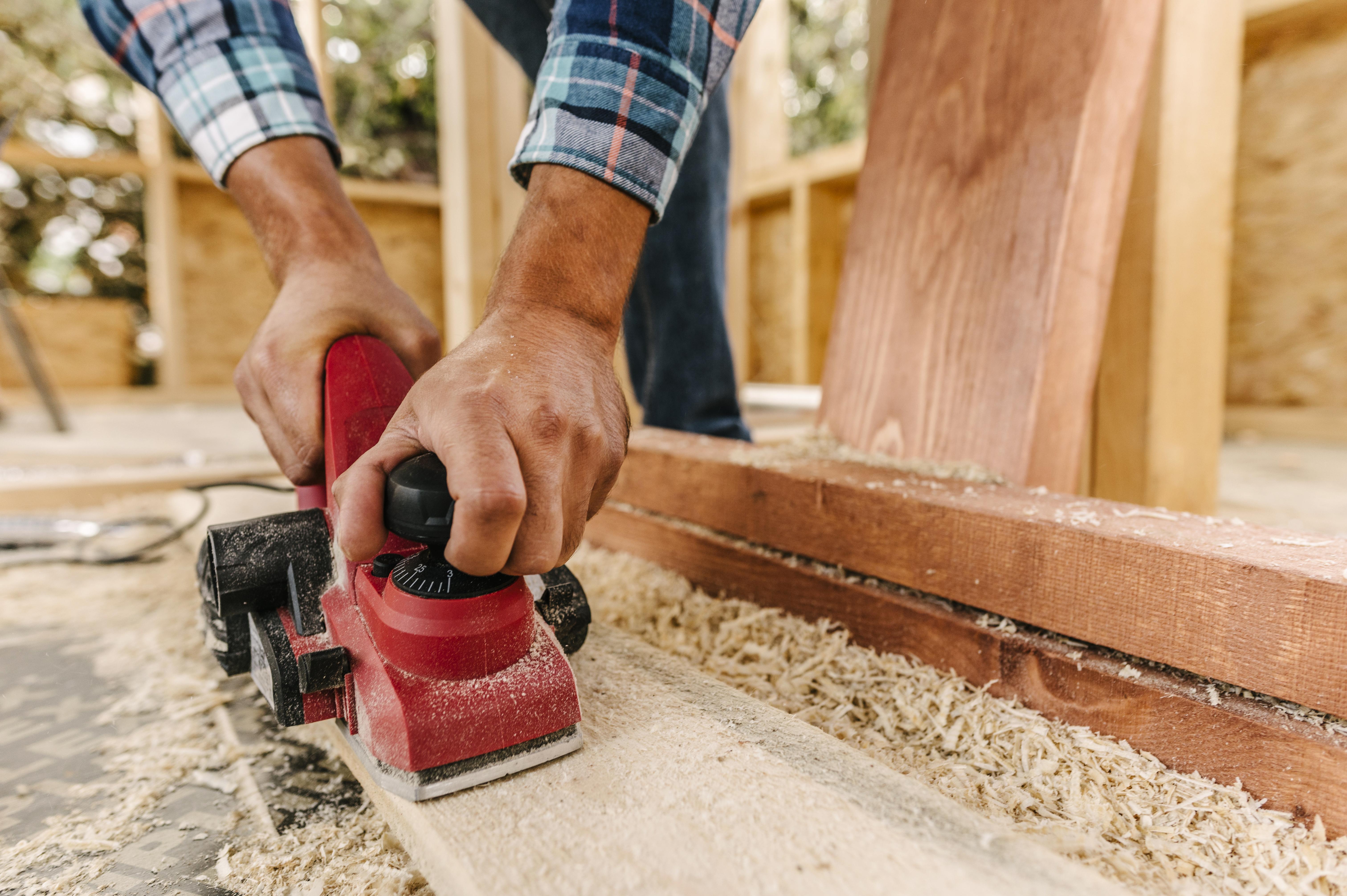Ways to Identify Scams When Hiring Contractor for House Renovation

Renovating a home is an exciting process, but it also comes with risks. One of the biggest concerns homeowners face is dealing with dishonest contractors. Falling victim to a scam not only wastes money but can also leave your project unfinished or poorly executed. Understanding the warning signs can help you avoid these costly mistakes.
Why Homeowners Fall Victim to Scams
House renovations often involve large sums of money, making them attractive targets for scammers. Many homeowners are eager to get work done quickly and may not pay attention to red flags. Others might be inexperienced with hiring contractors, which makes them more vulnerable. By knowing what to watch out for, you can protect yourself and your home.
Common Red Flags to Watch For
1. Demanding Full Payment Upfront
A legitimate contractor may ask for a small deposit to cover initial materials, but asking for full payment before any work begins is a major warning sign. Once the money is handed over, dishonest contractors may disappear without completing the project.
2. No Written Contract
Verbal agreements are risky. Professional contractors always provide a clear written contract that outlines the scope of work, timeline, payment schedule, and responsibilities. If a contractor avoids putting details in writing, it’s a strong indication that something is wrong.
3. Unusually Low Estimates
If a quote seems too good to be true, it often is. Scammers may lure homeowners with very low prices and then either use substandard materials, cut corners, or demand extra payments midway through the project. Always compare multiple estimates to understand what a fair price looks like.
4. Lack of Proper Credentials
A trustworthy contractor should have the necessary licenses, insurance, and certifications to perform the work legally and safely. If someone refuses to provide proof of these credentials, it’s best to look elsewhere.
5. High-Pressure Tactics
Scammers often try to rush homeowners into quick decisions. They may claim that a special deal is available only for a limited time or that the work must begin immediately. A reliable contractor will give you time to think and won’t pressure you into signing.
Steps to Protect Yourself
Verify Licenses and Insurance
Before hiring a contractor, ask to see their license and proof of insurance. This protects you from liability if something goes wrong and ensures that they are legally qualified to do the work.
Get Multiple Quotes
Obtaining at least three different estimates helps you spot unusually high or low prices. A balanced comparison gives you confidence in choosing someone who is both skilled and fairly priced.
Check References
Ask the contractor for references from recent clients. Speaking with past customers gives you valuable insight into their reliability, work quality, and professionalism. If they hesitate to provide references, take it as a red flag.
Insist on a Detailed Contract
A strong contract is your best safeguard. It should clearly state the work to be done, materials to be used, payment terms, deadlines, and how changes will be handled. This reduces the chances of misunderstandings and protects both sides.
Avoid Large Upfront Payments
Limit any deposit to a reasonable percentage of the total cost, often around 10–20%. Never pay the entire amount before the work is finished. This ensures that the contractor stays committed to completing the project as agreed.
Monitor Progress Regularly
Even after hiring, stay involved in the renovation process. Regularly inspect the work, confirm that the right materials are being used, and make sure progress aligns with the contract. This proactive approach helps catch problems early.
How to Handle a Suspicious Contractor
If you feel uneasy about a contractor, trust your instincts. Walk away before signing anything or handing over money. If you’ve already committed and discover concerning behavior, document everything—contracts, receipts, messages, and photos of the work. Clear records make it easier to resolve disputes or take legal action if needed.
The Importance of Patience
Renovations are a major investment, and rushing the hiring process often leads to mistakes. Take time to research, compare, and verify contractors before making a decision. The extra effort at the beginning can save you from financial loss, stress, and disappointment later.
Final Thoughts
House renovation should be a positive experience that improves your living space and adds value to your home. Unfortunately, scams can turn that dream into a nightmare if you are not careful. By recognizing common red flags, verifying credentials, demanding detailed contracts, and staying engaged throughout the process, you can greatly reduce the risk of being scammed.
The best protection is awareness. A cautious, well-informed homeowner is far less likely to fall victim to dishonest practices. With the right approach, you can confidently choose a contractor who will deliver quality results and bring your renovation vision to life.
Important Links
Is it Cheaper to Build a House Yourself or Hire a Contractor
Should I Choose Steel Framing Over Wood Framing for My New Home
Should I Invest in Eco-Friendly Construction Materials in 2025
How Do Remodelers Estimate Project Costs
What is the Difference Between Renovation and Remodeling
What Questions Should I Ask a Remodeler Before Hiring
How Do Remodelers Handle Unexpected Issues Like Plumbing or Wiring
- Art
- Causes
- Crafts
- Dance
- Drinks
- Film
- Fitness
- Food
- Jeux
- Gardening
- Health
- Domicile
- Literature
- Music
- Networking
- Autre
- Party
- Religion
- Shopping
- Sports
- Theater
- Wellness


